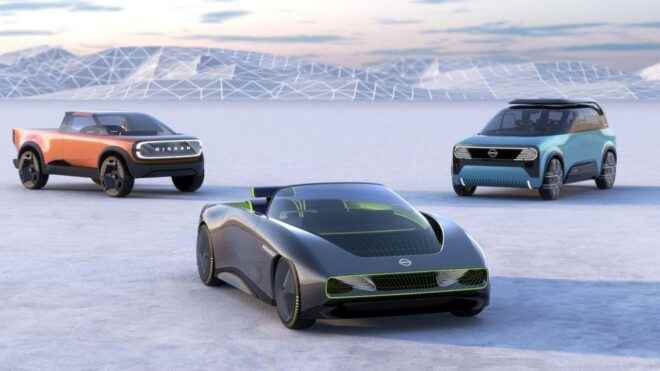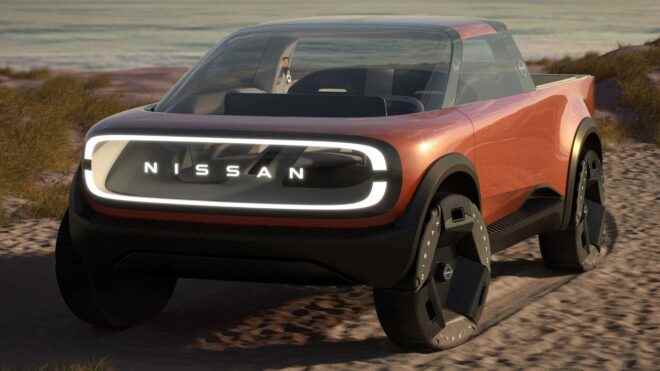Nissan Europe R&D Officer David Moss talked about battery technology that will play a vital role in the electric future of his brand.
As we have seen in other manufacturers in the market, Nissan is in a serious transformation process, as it is preparing for a Europe-based organization that sells only electric cars starting from 2030. The Japanese manufacturer, which started the change in its product range through Ariya, also makes significant investments in R&D processes related to electrical technology. Answering our questions at the latest Qashqai and X-Trail launches, Turkey General Manager Abi Ghanem stated that there is a serious preparation within the brand regarding solid battery technology. New explanations on the subject came from the brand’s European R&D Officer, David Moss. Moss stated that they want to carry solid battery technology into mass production by 2028. expressed.

YOU MAY BE INTERESTED
Nissan wants to bring the solid-built battery to production in three steps
Emphasizing their potential to create models that will be leaders in their segments with the solid-structured battery technology developed, David Moss states that they are planning the process that will extend until 2028 in three stages. Explaining that they will carry this system to production facilities within the framework of the pilot program from 2025, Moss states that they want to complete the test program by 2026. 2028, on the other hand, will have the quality of mass production as the third step.
Emphasizing that they want to reduce costs at the end of the development process, Moss said; At Nissan, we work with the best in Oxford University’s fields for solid-structure battery technology. It is among our goals to reduce costs by 50 percent compared to lithium-ion based batteries. Thanks to the cells with high energy density, more efficient packages can be created with more compact battery systems. We reduced the size of the existing cells to a laptop. In the systems we want to implement, we want to separate all kinds of liquid components from the battery. Our main focus is actually eliminating liquid components. When you look at it today, batteries that are launched as solid structures still contain liquid electrolytes.
One of the important things that we focus on is fast charging capabilities. The high fast charging capacity will play a very important role in reducing costs. Thanks to an infrastructure that can be charged quickly, you can reach the consumer at a more affordable price by putting fewer cells in the cars. For now, we have not decided on the battery capacities and versions, but considering the intense and heavy use focus, it should be at least two different types. All this battery change brings an engineering where everything needs to change, mechanism and architecture.” made statements.
YOU MAY BE INTERESTED
Nissan, which will continue to develop lithium-ion battery systems due to the long process ahead, wants to extract cobalt from the alloy in this process. According to research, up to 65 percent improvement in costs can be achieved with such a step to be taken. Considering that the fast charging limit that Nissan offers today is 130 kW, it will not be surprising that the capabilities on this side will increase in new liquid batteries in the coming period.
